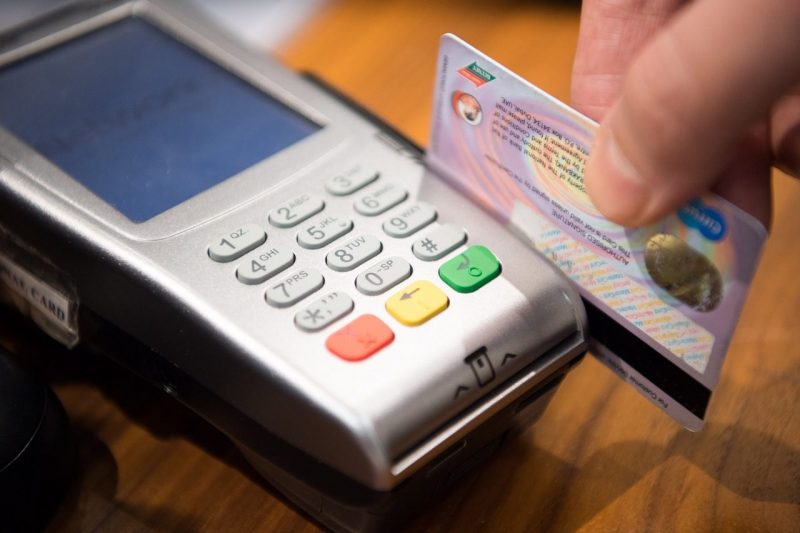Despite economic headwinds from supply-chain bottlenecks and geopolitical instability, the payments industry continues to show resilient revenue growth, says a new report from the Boston Consulting Group.
Global payments revenues are projected to grow about 9.5% in 2022, according to the report. Beyond this year, revenues are projected to grow 8.6% through 2026 and 7.6% from 2026 to 2031, when total global payments revenues will reach $3.3 trillion. Factors driving the growth will be revenues from revolving credit card balances, deposit interest, and account fees. The report estimates that total global payments revenues will reach $3.3 trillion by 2031.
Other factors driving revenue growth include sustained cash-to-noncash conversion, the ongoing growth of e-commerce, and the increasing integration of payments into retail and corporate customer processes. Card-not-present payments, for example, are projected to grow 11% annually through 2026.

Although revenues are projected to grow for the foreseeable future, payments companies will need to demonstrate solid profitability if they are to attract customers and investors, the report says.
“The global payments industry has displayed remarkable resilience throughout the pandemic and current macroeconomic challenges,” Markus Ampenberger, a Boston Consulting Group partner and coauthor of the report says in a prepared statement. “Moving forward, winners and losers in this space will be determined by players’ ability to adapt to the new normal, diversify, create new business models around data, establish partnerships, and unlock new sources of revenue.”
On the acquiring side, revenues are projected to grow 8.7% annually through 2026, during which time the annual revenue pool will reach $160 billion. Revenue pools from small-business merchant acquiring are projected to grow at a faster rate than those for larger merchants, contributing about 75% of incremental revenue expansion, the report says.
On the issuing side, revenues are expected to rise at a 6.2% rate annually over the next five years and exceed $1 trillion globally by 2031. Through 2026, transaction-related revenues, which are largely interchange fees, will drive much of this growth, followed by non-transaction-related revenues, which include foreign-exchange and annual card fees.
One recent development that is further opening the door for growth of non-transaction-related revenues is the explosion in buy now, pay later loans, which offer issuers an opportunity to move “beyond a transactional role.” Another factor in non-transactional revenue growth will be consumers’ growing expectations for richer rewards and more personalized loyalty experiences.
One segment of the payments industry that may be at risk of under-performing is financial technology firms. About one-fifth of all fintechs launched between 2016 and 2021 were dedicated to the payments space, and these fintechs accounted for 20% of cumulative fintech equity funding raised during this period. Over the last six to nine months, however, many fintechs have seen their valuations deteriorate significantly, the first economic slump since their inception.
“To secure profitable growth, payments-related fintechs must prioritize profitability over pure growth, professionalize risk and compliance management, …closely monitor cost structures and business spending,” and prove to investors and company boards that they have built a strong, reliable business model, the report says.
Still, the overall outlook for the payments industry remains strong. “Digital payments continue to be embedded in customer journeys, becoming a part of virtually everyone’s daily life,” Saurabh Tripathi, a Boston Consulting Group senior partner and coauthor of the report, says in a prepared statement. “This dynamic will only strengthen as the ranks of the unbanked shrink and overall financial inclusion expands. If the past is truly prologue, the industry will remain strong—and resilient.”





